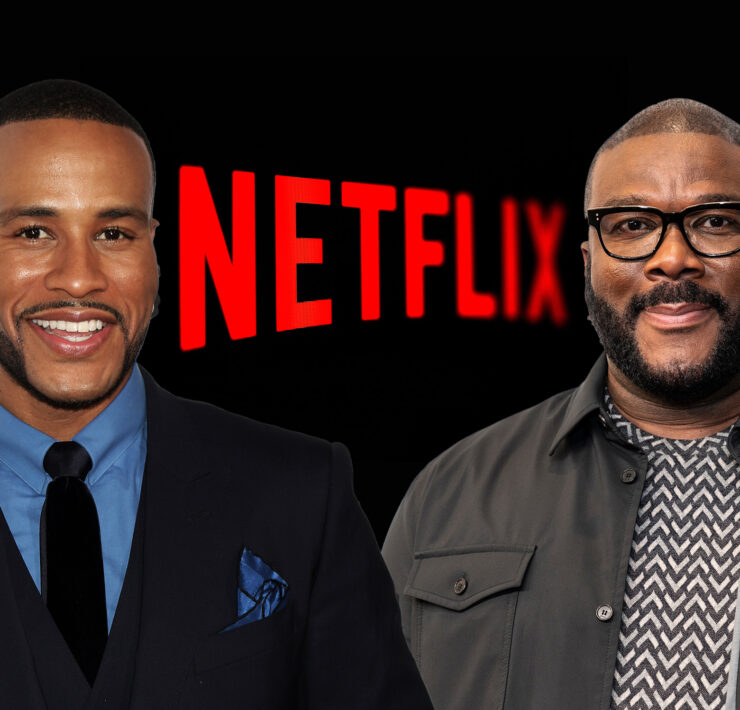
On Tuesday evening, news broke that Warner Bros. is shelving Batgirl, a $90 million superhero movie starring In the Height’s Leslie Grace as Batman’s young protégé. The movie started out as an HBO Max exclusive, was then promoted to a theatrical release and will now not be anything but a tax write off. To add insult to injury, directors Adil El Arbi and Bilall Fallah (Ms. Marvel, Bad Boys for Life) got the news at El Arbi’s wedding ceremony.
“Unprecedented” is a strong word, but it’s difficult to think of a precedent here. Batgirl is reportedly near completion and word is that early test screenings have been positive. Word is still trickling out about what exactly happened, but the gist seems to be that the movie was too expensive to justify an HBO Max drop but not expensive enough to deliver on the sort of pricey CGI spectacle Hollywood types think fans want. In short, DC wants an Extended Universe and whatever Batgirl‘s merits as a movie, it didn’t fit the business plan.
Every other month, the internet gets into another uproar about superhero movies. Are they good? Are they bad? Are they even movies? It was a dialog that roped in no less a movie expert than Martin Scorsese, who took to the pages of the New York Times in 2019 to explain why “they’re not for me.”
Scorsese was very careful in his analysis. “Many franchise films are made by people of considerable talent and artistry. You can see it on the screen,” he says. “The fact that the films themselves don’t interest me is a matter of personal taste and temperament.”
Scorsese’s real concern, he wrote, is these movies’ impact on movie making writ large. “In many places around this country and around the world, franchise films are now your primary choice if you want to see something on the big screen,” he argued. “It’s a perilous time in film exhibition, and there are fewer independent theaters than ever.” He argued that the movie industry’s reliance on superhero tentpole pictures was leading creativity to the slaughter, utterly negating any sense of artistic vision and risk in favor of large, splashy, market-tested, algorithm-approved entertainment. And in the battle between creative vision and money-making blockbusters, the former was destined to lose. Scorsese said:
When the Hollywood studio system was still alive and well, the tension between the artists and the people who ran the business was constant and intense, but it was a productive tension that gave us some of the greatest films ever made — in the words of Bob Dylan, the best of them were “heroic and visionary.”
Today, that tension is gone, and there are some in the business with absolute indifference to the very question of art and an attitude toward the history of cinema that is both dismissive and proprietary — a lethal combination. The situation, sadly, is that we now have two separate fields: There’s worldwide audiovisual entertainment, and there’s cinema. They still overlap from time to time, but that’s becoming increasingly rare. And I fear that the financial dominance of one is being used to marginalize and even belittle the existence of the other.
The situation with Batgirl would appear to underscore Scorsese’s point, with one notable change. Apparently, it may not even be enough for a movie to be a superhero movie anymore. If your piece of intellectual property doesn’t satisfy the bottom line, it’s out. Hollywood would rather flush $90 million than risk the band on a mid-budget movie.
There are plenty of very good superhero movies, made by people who clearly care about the stories they’re telling. That’s never been in question. What is in question is how much those people are being herded into the company line, their own creative verve and fire filed down to fit the cookie cutter. Scorsese was smart enough to see a future where this would happen. Not that anyone heeded him. What would the guy who made The Irishman know about an industry moving beyond its need for you, anyway?






















